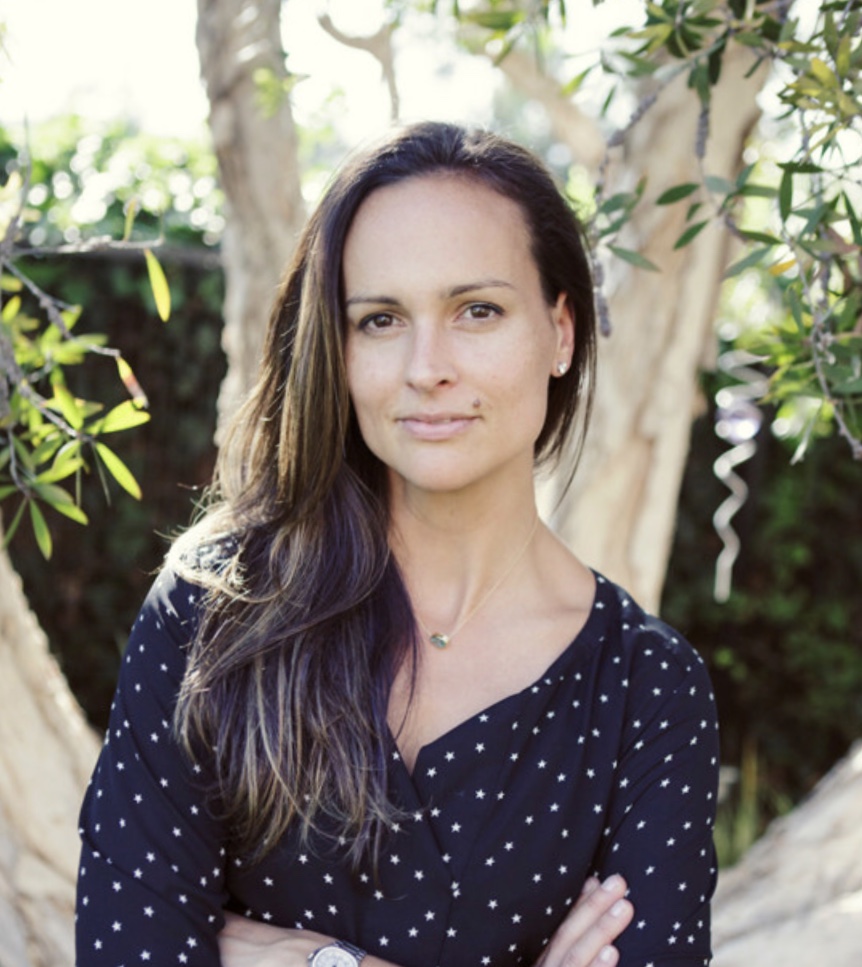Recently, I was invited to attend a virtual summit on the topic of sales. I wasn’t excited about it and didn’t go into it thinking that it was relevant to me or my work in education. But, I heard it was a worthwhile event so I decided to attend with an open mind, just to listen.
As the speaker was presenting, I quickly realized that what he was sharing was entirely relevant to education. Frankly, it took me by surprise. As I listened, I kept thinking how great it would be if every educator could hear these strategies and tips because truthfully, we are all selling something in one way or another. Most jobs require sales, whether we realize it or not. We are pitching a boss or persuading colleagues on a daily basis, and as educators, we are influencing and convincing our students – selling them an idea or a learning journey so to speak.
So what did I learn about education from this sales conference?
The More Questions You Ask, The More Sales You Close
The first principle is that asking authentic questions is essential for success in sales. The questions you ask help you to uncover a buyer’s wants and needs and builds trust through authentic connection. Asking open-ended leading questions, helps you to understand how to help them.
This is also true in the classroom:
- Asking questions allows us to gauge what prior knowledge the student is walking in with, as well as what they don’t yet know. We also uncover interests and motivations that will help engage them when learning.
- Questions and answers help lead students through the chain of logic needed to take in the new information, acting like mini-tests or pop quizzes with instant feedback, so each piece of knowledge is firmed up before moving on.
- And when we’re genuinely curious about what students say, we demonstrate that we want to know their interests and how to connect with them.
- Questions keep learning active, which promotes student participation. You are letting them take ownership in acquiring that knowledge in the same manner that a salesman does.
Personalization – One Size Does Not Fit All
In sales, forming a personal connection with a buyer helps you to meet their unique needs and tailor the sale to them. It’s no different in teaching. Every student comes to class with their own learning needs as well as a unique set of motivators, contextual knowledge and interests, as well as learning needs, therefore you can personalize your approach to them.
Start With Why? Rather Than What?
People often lead with the what, yet the third principle of the summit was that it’s important to first focus on why someone would buy your product. What is it that will motivate the buyer?
It’s the same concept in the classroom. How powerful would it be if lessons always started thinking about why your student needs to know the information you are about to impart – specifically how it relates to them and why they are going to care about it?
For students to feel motivated, they must see the work they are doing in the classroom as interesting and relevant to them.
For example, when you use real-life concepts like buying or dividing physical products when learning math, it becomes relevant to a student, and much more interesting than simple numbers on a page.
Relevance to Education
Attending this sales summit reminded me that we really don’t live in silos. Every career requires multiple skill sets and seeking advice from different sectors is important. This will be the first in a series of posts where I write about how advice from different sectors is surprisingly relevant to education. I hope you enjoy them!


